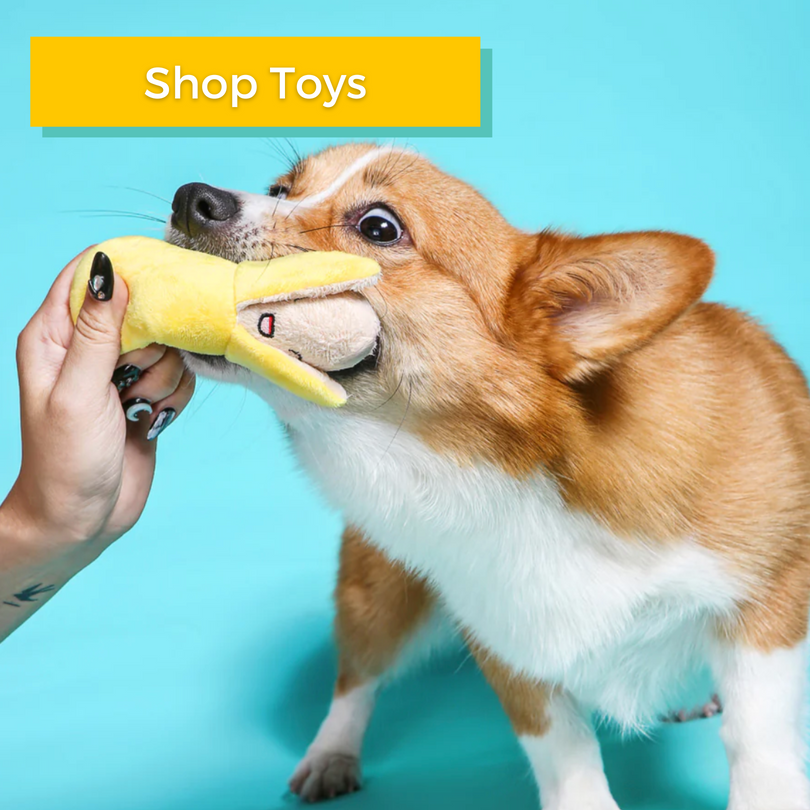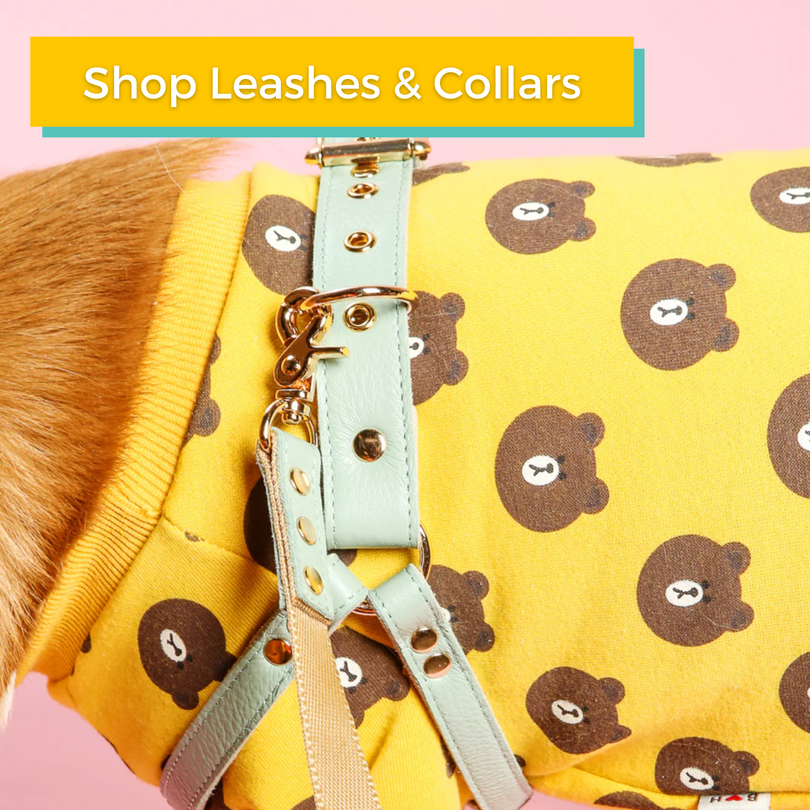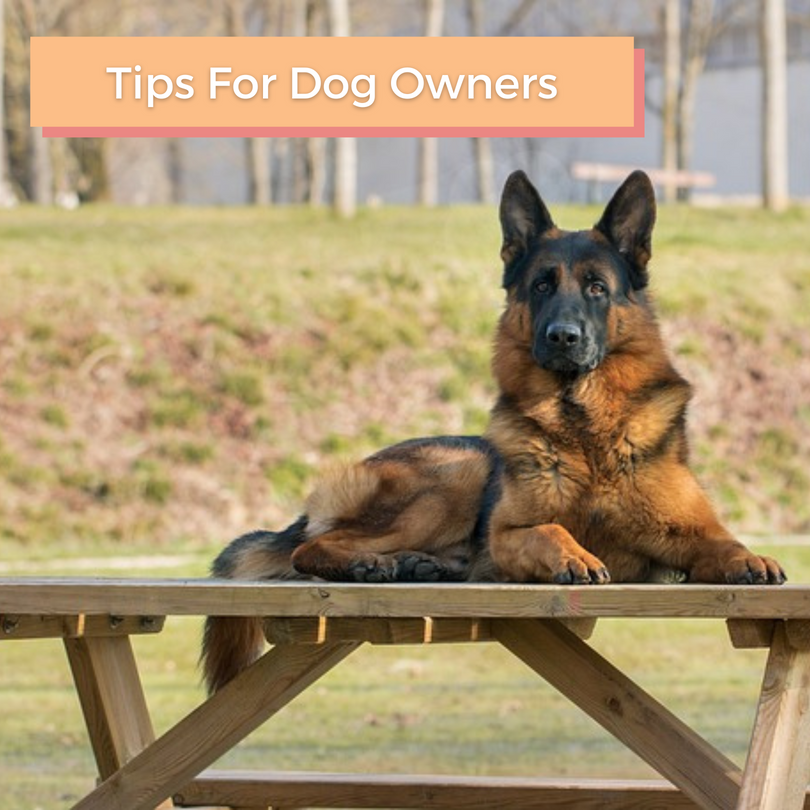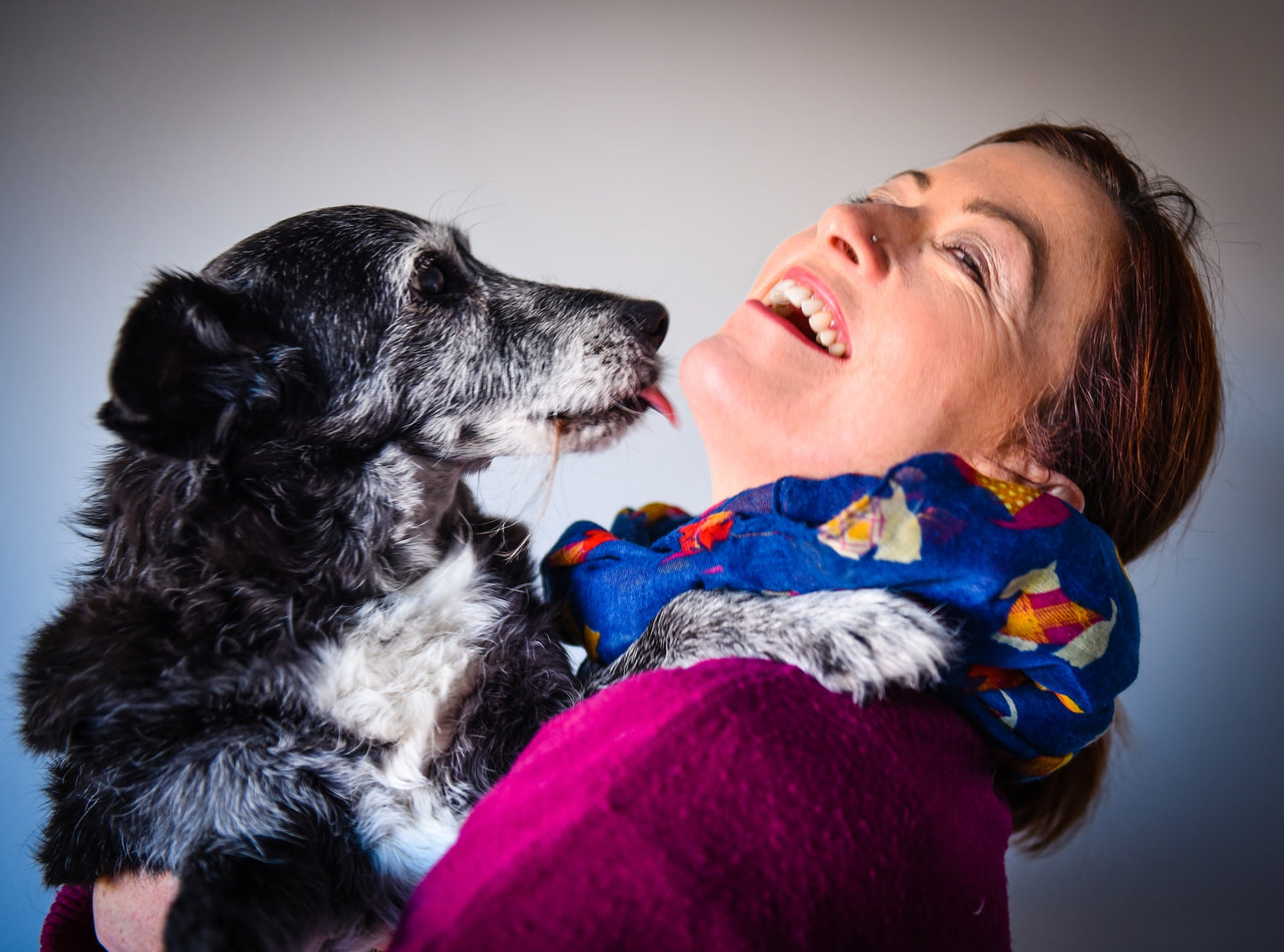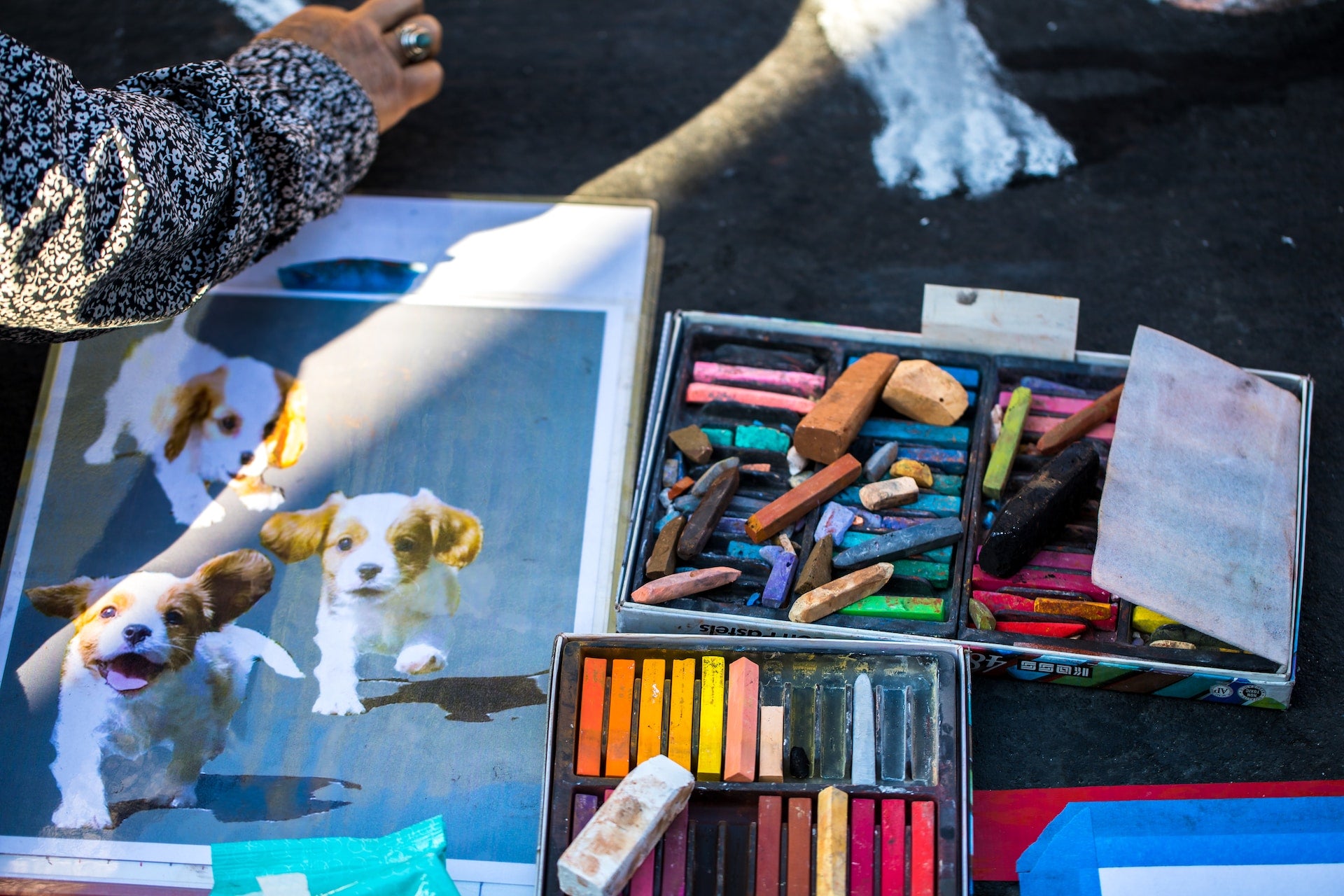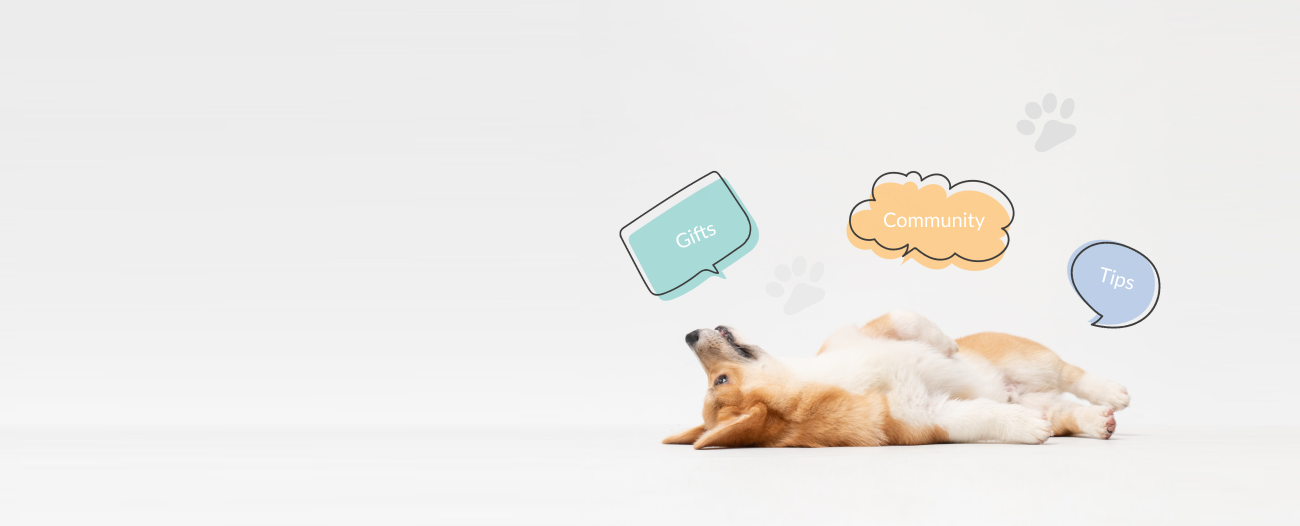Do you enjoy doggie kisses but dislike the odor? Foul odor is the first indicator of oral health issues. Home treatments and pet breath freshener solutions may temporarily reduce bad breath. However, they do not address the underlying problem. Ignoring your pet's poor breath may lead to more severe health issues and a poor quality of life.
We have compiled their top 5 oral hygiene tips to help your dog have minty, fresh breath.
Use a Vet-approved Toothpaste to Regularly brush Your Dog's Teeth

Ensuring your pet gets daily brushing with VOHC-approved pet toothpaste is the most effective method to keep your dog's breath smelling minty fresh and prevent stinky dog breath. You must brush your pet's teeth at once each day since plaque can form on teeth in as little as 24 hours. The recession of gum tissue, caused by an excessive accumulation of plaque and tartar, opens up new spaces where bacteria can thrive. The dog's gums become inflamed, which increases the dog's risk of developing cavities, infections, tissue deterioration, tooth loss, and pus. United States Kennel Club The no-fuss formula from Petsmile is VOHC-approved and has been scientifically shown to prevent plaque and tartar development, according to AKC. Usually, dogs only need a small amount of professional pet toothpaste applied to their teeth, and you leave the rest to their tongue.
Keep YourDog's Teeth Healthy with Chew Toys and Dental Chews
According to several studies, you can mitigate plaque buildup by providing dental chews on a once-daily basis for your dog. Large amounts of plaques are removed from your dog's teeth while it's busy chewing. A quality dental chew will be nourishing, low in sodium, and easy to digest. However, remember to select one that is VOHC-approved. It's best to steer clear of fuzzy materials because they could drop fake hairs, which, if consumed, could lead to digestive issues.
Get Your Pet Checked Out by the Vet Regularly

Even if you clean your dog's teeth with a toothbrush and toothpaste daily, plaque and germs can still build up in areas of the mouth that are difficult to access, such as in the spaces between the teeth and beneath the gums. Regular veterinary exams guarantee your dog receives additional oral care, such as a professional cleansing to prevent stinky dog breath before it becomes an emergency.
Provide a Balanced Diet for Your Dog
Bear in mind that there is no one-size-fits-all solution when meeting your canine companion's dietary requirements. Search for VOHC-accepted brands. Talk to your vet if you have any doubts about what is most beneficial to your dog. They will be able to suggest brands to you depending on your dog's medical history and their individual requirements. Protect your dog from human food and other types of pet food since some of these foods might be dangerous to their health or even kill them.
Keep Your Dog's Food and Water Container Spotless Always

The National Science Foundation (NSF) studied germs in 2011, revealing that pet bowls are the fourth most contaminated place in the household, after toothbrush holders, the kitchen sink, and dish rags. Therefore, these plates require daily, meticulous cleaning. But guess what? Bowls made of stainless steel are less likely to harbor bacteria than their plastic or ceramic counterparts.





